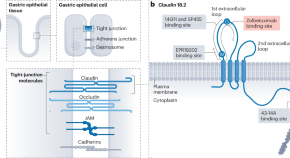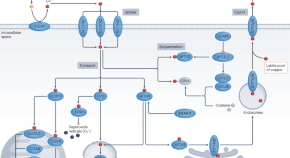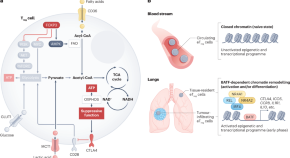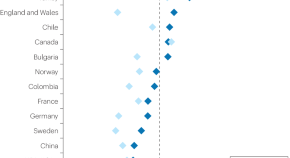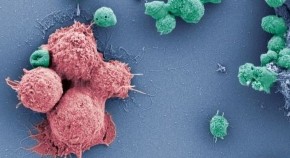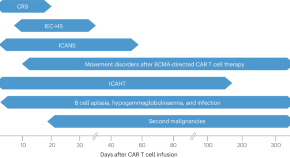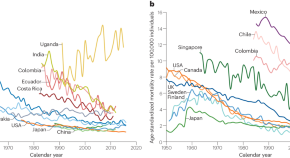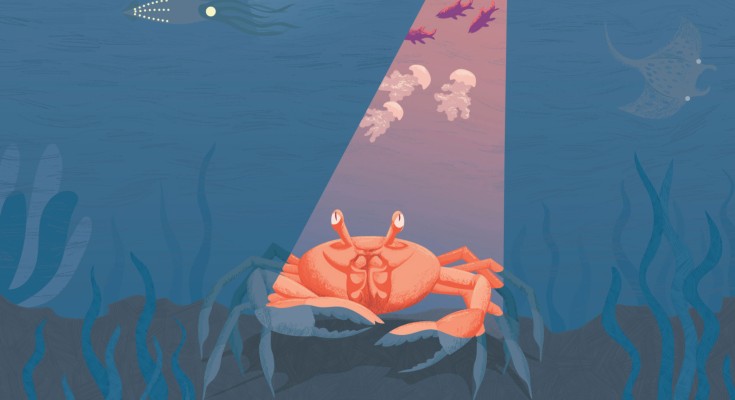

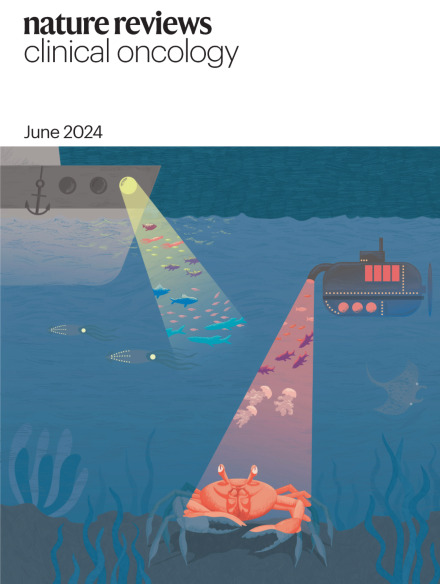
Advertisement
-
-

Bispecific and multispecific antibodies in oncology: opportunities and challenges
Following the introduction of blinatumomab in 2014, the past 4 years have seen the approval of a further ten bispecific antibodies, reflecting substantial research effort and clinical interest in these agents. In this Review, the authors describe the developments leading to the approval of these novel agents and highlight important future research directions, including clinical optimization as well as innovative antibody engineering approaches.
-
-

